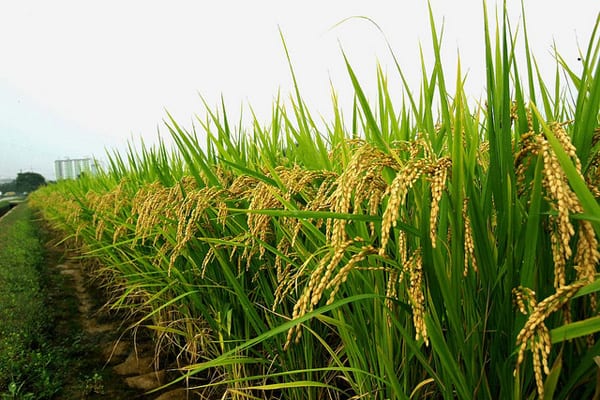Regenerative agriculture has emerged as a powerful approach that not only addresses the environmental challenges of conventional agriculture but also provides a host of benefits for farmers, consumers, and the ecosystem. Regenerative practices can transform our current food systems.
Enhancing Soil Health and Biodiversity
Regenerative agriculture focuses on rebuilding and nurturing the health of the soil. By minimizing or eliminating tillage, incorporating cover crops, and diversifying crop rotations, farmers can enhance soil fertility, structure, and water-holding capacity. This approach helps improve soil biodiversity, fostering a thriving ecosystem that supports beneficial microorganisms, insects, and wildlife. Healthy soils are more resilient to climate variability and provide a solid foundation for sustainable food production.
Mitigating Climate Change
Regenerative agriculture can reduce greenhouse gas emissions and significantly mitigate climate change. By adopting practices like agroforestry, rotational grazing, and carbon sequestration techniques, farmers can enhance carbon storage in soils and biomass. These practices promote capturing and retaining atmospheric carbon dioxide, helping offset agricultural emissions. As a result, regenerative agriculture is a powerful tool for climate change mitigation and adaptation.
Improving Water Quality and Conservation
Conventional agricultural practices often contribute to water pollution through the excessive use of synthetic fertilizers and pesticides. In contrast, regenerative agriculture emphasizes the responsible use of inputs, minimizing their impact on water resources. By implementing practices such as precision irrigation, conservation tillage, and buffer zones, farmers can improve water quality by reducing nutrient runoff and soil erosion. Moreover, regenerative practices enhance water infiltration and retention, improving water conservation and reducing water demands.
Enhancing Farm Resilience and Economic Viability
Regenerative agriculture offers farmers greater resilience to climate-related challenges, market volatility, and input price fluctuations. By diversifying crops and implementing regenerative practices, farmers can mitigate mono-cropping risks while reducing dependence on external inputs. Regenerative systems also improve farm productivity by optimizing resource use and increasing economic viability and profitability. Moreover, emphasizing sustainable practices enhances farmers’ reputations, creating market opportunities for premium products.
Promoting Human Health and Well-being
Regenerative agriculture prioritizes the health and well-being of farmers, consumers, and communities. By minimizing synthetic chemicals, regenerative practices reduce exposure to harmful food and environmental residues. Moreover, the focus on nutrient-rich, organic farming enhances the nutritional value of produce, promoting healthier diets and reducing the risk of diet-related diseases. Additionally, regenerative agriculture fosters stronger connections between farmers and local communities, promoting social cohesion and supporting local economies.
Collaboration in Regenerative Agriculture
Collaboration between farmers, researchers, and policymakers can promote regenerative agriculture, facilitate knowledge exchange and the development of tailored solutions for diverse farming systems. Moreover, consumer awareness and demand for sustainably produced food can further drive the adoption of regenerative agriculture practices. International collaboration and knowledge sharing can create a global movement towards a more sustainable and resilient agricultural sector.
Regenerative agriculture holds immense promise for transforming the agricultural sector and addressing pressing environmental challenges. The benefits of regenerative practices extend beyond soil health and biodiversity to climate change mitigation, water conservation, farm resilience, and human well-being. By embracing regenerative practices, we can create a more sustainable and resilient food system that benefits farmers, consumers, and the environment.
Consumer awareness and demand play a significant role in driving the adoption of regenerative agriculture. By promoting the benefits of regenerative practices and highlighting the environmental and health advantages of sustainably produced food, consumers can make informed choices that support farmers embracing regenerative agriculture. Certifications and labelling schemes can also help consumers identify and choose products derived from regenerative farming methods.
Conclusion
Regenerative agriculture offers numerous benefits for the world by driving the transformation towards a more sustainable and resilient agricultural sector. By working together, farmers, researchers, policymakers, and consumers can shape a future where regenerative agriculture is at the forefront, ensuring a healthier planet for future generations.


